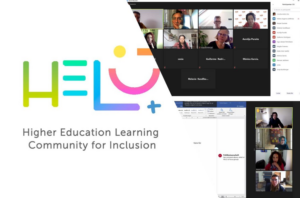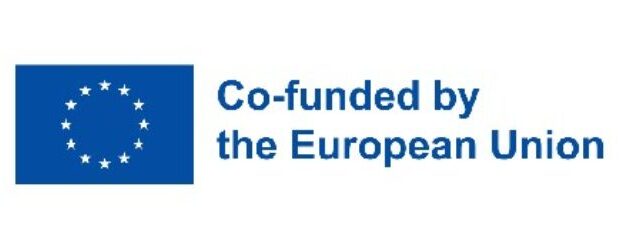La segunda reunión del TLC tuvo el 26/09/2022. Los participantes tuvieron la oportunidad de compartir los progresos por el Working Group1, que es el responsable de apoyar el desarrollo de la guía metodológica.
El consorcio del proyecto incluye Activistas de Derechos Humanos, investigadores de diferentes universidades y representantes de ONGs (House of Diversity and Education, Zara Training, Black Voices Volksbegehren, Kaunas’ County Women Crisis Centre and La Merced Migraciones).
En el desarrollo de la reunión, se aportaron grandes contribuciones sobre las propuestas del Working group 1 y el progreso que se ha hecho en el desarrollo de los cuestionarios para evaluar la percepción de los estudiantes de las universidades participantes (University of Salamanca, University of Vienna and Mykolas Romeris University) en inclusión, en sus respectivos ambientes universitarios. Diferentes comisiones de trabajo fueron propuestas.

